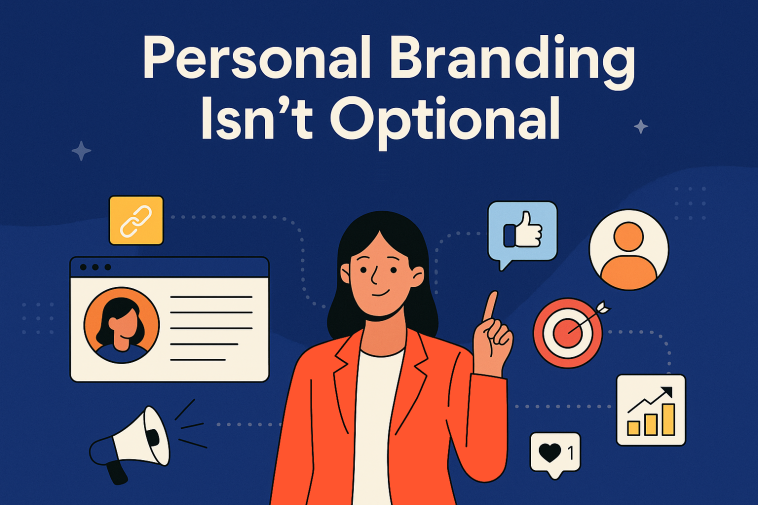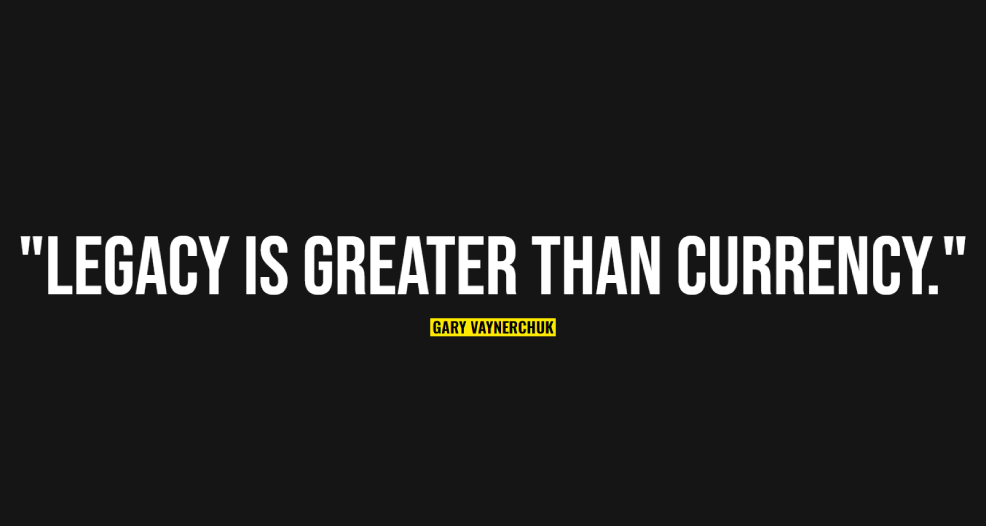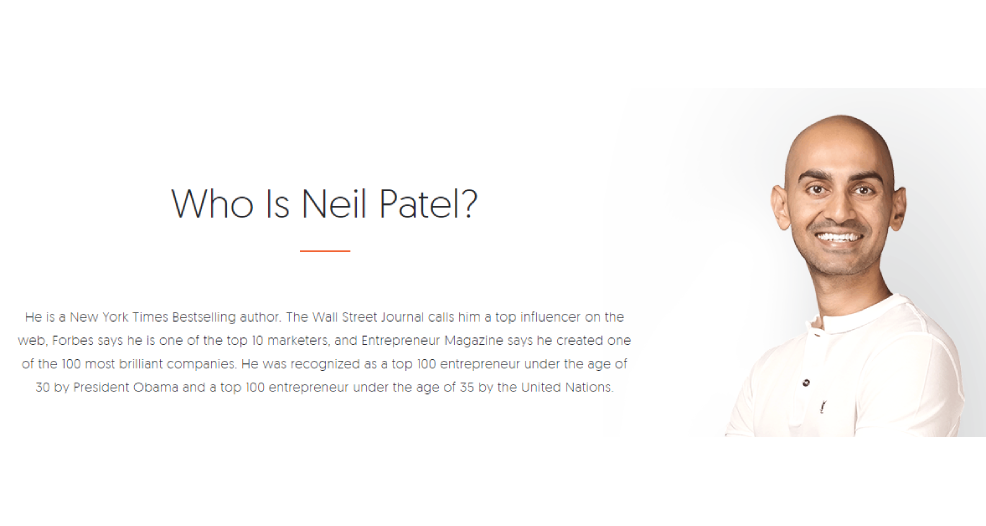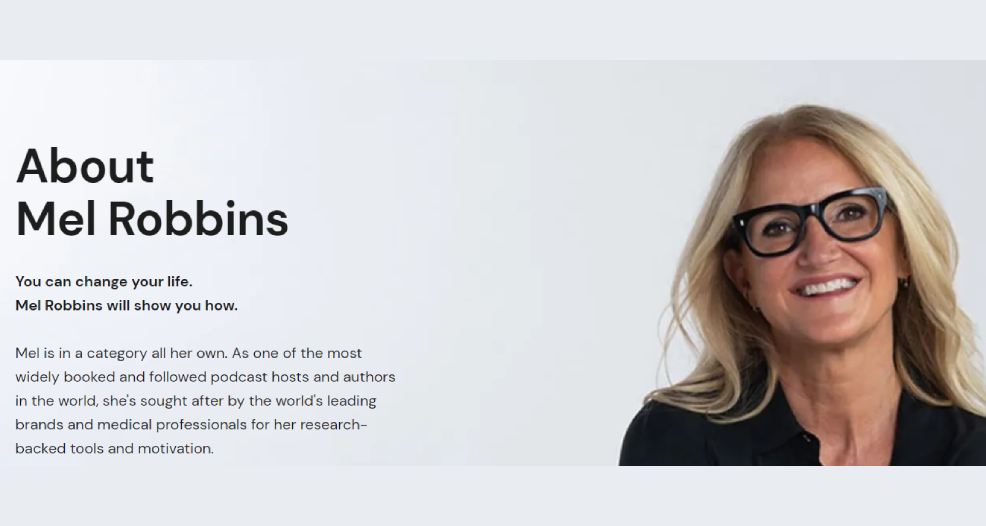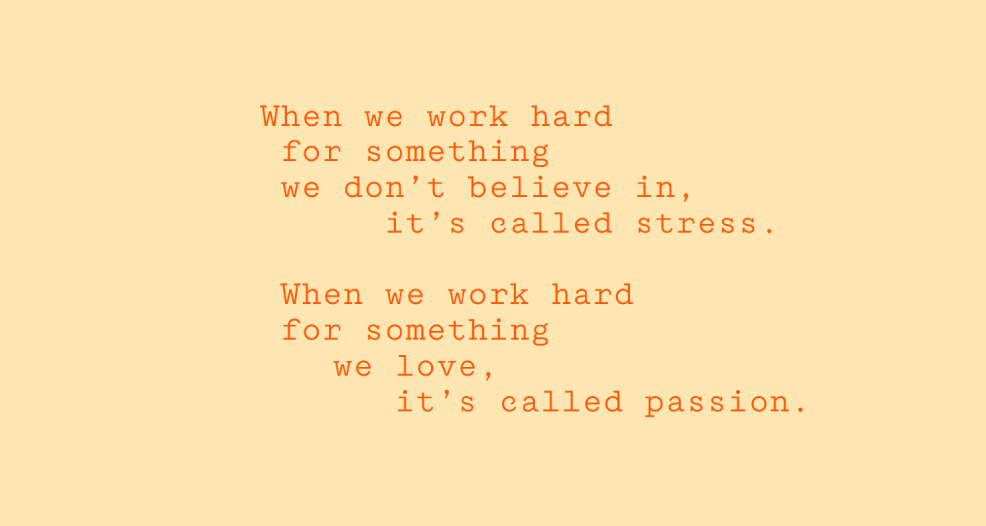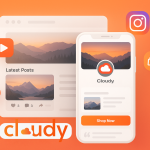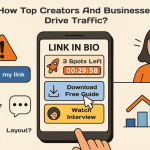In today’s fast-paced digital world, building a strong personal brand is no longer optional – it’s essential. Whether you’re a freelancer, entrepreneur, or professional climbing the corporate ladder, how you present yourself online shapes your opportunities and success.
Personal branding is about more than just logos or catchy slogans. It’s about defining who you are, what you stand for, and how you communicate your unique value to the world. When done right, personal branding can set you apart in a crowded marketplace and open doors you didn’t even know existed.
What is Personal Branding?
At its core, personal branding is the intentional process of shaping how others perceive you. It combines your personality, skills, values, and reputation into a cohesive and authentic identity that resonates with your target audience.
You can think of your personal brand as your professional fingerprint – no two are exactly alike, and it leaves a lasting impression wherever you go.
The components of personal branding include:
- Your core values and beliefs that guide your actions
- Your expertise and skills that demonstrate your competence
- Your communication style and tone, whether formal, friendly, or inspirational
- Your online presence across websites, social media, and content platforms
- How you engage and connect with your audience
Personal branding is a continuous journey of self-discovery and deliberate communication.
Why Personal Branding Matters More Than Ever
In an era dominated by digital connections, your personal brand is often the first interaction others have with you. Recruiters, potential clients, collaborators – they all Google you before making decisions.
A strong personal brand:
- Makes powerful first impressions online
- Attracts opportunities such as job offers, partnerships, and speaking gigs
- Differentiates you from others in your field
- Builds trust and credibility over time
- Can be monetized through products, courses, or consulting
The competition for attention is fierce. Without a clear and consistent personal brand, your voice risks being lost in the noise.
Quick Tips
- Stop Trying to Be “On Brand” All the Time
People connect with humans, not polished robots. Share the messy stuff too – what you’re learning, what bombed, and what surprised you. Example: Post about a mistake you made and what it taught you. - Figure Out What Makes You Different (Without Overthinking It)
Ask yourself: “What’s the thing people always come to me for?” That’s your lane. Lean into it. - Quality > Quantity
Don’t post just to post. Say something useful, funny, or interesting – or don’t say anything at all. - Actually Talk to People
Social media isn’t a megaphone; it’s a conversation. Reply to comments with more than “Thanks!” and jump into discussions you care about. - Team Up With Others
The fastest way to grow? Collaborate. Guest on a podcast, co-write a thread, or just shout out someone doing cool work. - Google Yourself Sometimes
What pops up? If it’s not the vibe you want, start putting out more of what you DO want to be known for. - Keep Learning (But Don’t Flex About It)
Share what you’re picking up along the way – not to impress people, but to help them. Example: “Read something today that changed how I think about X – here’s why.”
The Big Idea? Just be useful, be real, and show up consistently. The rest sorts itself out.
Building a Solid Foundation: Clarify Your Brand Identity
But before you start posting content or designing a website, it’s crucial to understand who you are and what you want to communicate.
Define Your Purpose
Take time to reflect on why you do what you do. Your purpose is your brand’s North Star – it guides your messaging and decisions. Ask yourself:
- What motivates me every day?
- What impact do I want to create in my industry or community?
- How do I want to be remembered?
When you connect your brand to a meaningful purpose, your message becomes more authentic and compelling.
Identify Your Core Values
Your core values influence how you work, communicate, and build relationships. Examples of core values include:
- Integrity
- Innovation
- Empathy
- Creativity
- Reliability
Choose 3 to 5 values that truly represent you and align with your target audience’s expectations.
Discover Your Strengths and Unique Skills
A key part of personal branding is understanding what makes you unique. Conduct a personal SWOT analysis:
- What are your strengths and talents?
- Which skills set you apart from your peers?
- What challenges have you overcome that add to your story?
Highlighting your unique qualities will help you craft a memorable brand.
Understand Your Target Audience
Who do you want to reach? Defining your audience allows you to tailor your messaging for maximum impact. Consider:
- Who benefits most from your knowledge or service?
- What are their biggest pain points?
- Where do they spend time online?
Knowing your audience is essential for creating content that resonates.
Craft Your Unique Value Proposition (UVP)
Your UVP is a clear statement explaining what makes you different and valuable. It answers the question:
“Why should someone choose me over others?”
For example:
“I help startup founders tell compelling stories that attract investors and customers through creative brand design.”
Your UVP should be concise, authentic, and focused on your audience’s needs.
Developing Your Personal Branding Strategy
Once you have clarity on your identity and audience, it’s time to build your brand presence strategically.
1. Choose Your Brand Elements
These foundational elements shape how your brand looks and feels:
- Brand name (your own or a professional pseudonym)
- Logo and visual identity
- Color palette and fonts that reflect your personality
- Brand voice – whether it’s professional, friendly, motivational, or humorous
- A memorable tagline or slogan that sums up your essence
Consistency in these elements builds recognition and trust.
2. Your Digital Home Base (Website or Link Hub)
You need one central place online that ties everything together. This could be:
- A full website (if you have lots to showcase)
- A smart link in bio tool like Cloudy (if you want simplicity + content promotion)
What to include no matter what:
- Your story (About page) – but write it like you’re explaining to a friend, not a resume
- What you actually do (Services/Portfolio) – with clear examples, not jargon
- Useful stuff (Blog/Resources) – share knowledge freely; this builds trust
- Proof you’re legit (Testimonials) – genuine quotes > fancy design
- How to reach you – with ONE clear call-to-action (e.g., “DM me for X”)
Pro Tip: Cloudy works great if you’re regularly posting articles or lists – it lets you promote content while keeping all your important links organized in one place.
(Personally, I started with just a link hub before building a full site – way less overwhelming.)
3. Create and Share Valuable Content
Content is the engine that drives personal branding. It lets you showcase your knowledge, build trust, and engage your audience.
Varied content formats include:
- Blog posts and articles
- Videos and webinars
- Podcasts and interviews
- Social media posts (photos, reels, stories, threads)
Be sure to mix educational content, personal stories, and case studies to keep your audience interested.
Storytelling is a powerful tool here – sharing real experiences makes your brand relatable and memorable.
4. Grow Your Social Media Presence
Social media platforms are invaluable for expanding your reach and engaging your community. However, it’s important to be selective and strategic.
Focus on 1 or 2 platforms where your target audience is most active. Some options:
- LinkedIn for professionals and B2B connections
- Instagram for visual storytelling and lifestyle branding
- Twitter/X for thought leadership and quick insights
- YouTube for in-depth educational videos
- TikTok for viral, short-form content
Tips for social media success:
- Use professional profile images and consistent bios
- Post regularly (2-3 times a week)
- Engage authentically by replying to comments and DMs
- Collaborate with influencers and peers to expand reach
- Monitor analytics to refine your strategy over time
Amplifying Your Impact and Sustaining Your Personal Brand
Building a personal brand is a marathon, not a sprint. Once you have your foundation, the next step is to amplify your reach and maintain your influence over time.
5. Collaborate and Guest Post to Expand Reach
Networking and collaborations are powerful ways to grow your personal brand. They help you tap into new audiences and build credibility through association.
Consider:
- Writing guest posts for reputable blogs and industry sites
- Participating in interviews on podcasts or YouTube channels
- Speaking at webinars, virtual summits, or live events
- Co-creating content with other influencers or thought leaders
- Hosting live Q&A sessions to engage your community directly
Collaborations not only increase your visibility but also help you build backlinks, which improve your website’s SEO.
6. Build and Nurture an Email List
While social media platforms are valuable, their algorithms can change unexpectedly, impacting your reach. An email list is your owned channel – a direct line to your most engaged audience.
Start with a lead magnet – something valuable you offer for free, like a checklist, guide, or webinar. Integrate an easy-to-use signup form on your website.
Send regular newsletters that provide insights, updates, and exclusive content. Email marketing tools like Mailchimp, ConvertKit, or Substack can help automate this process.
Growing your email list builds trust and nurtures deeper connections over time.
7. Monitor and Protect Your Online Reputation
Your online reputation can make or break your personal brand. Regularly monitor what’s being said about you online.
Set up Google Alerts for your name to get notified of new mentions. Track reviews, social media tags, and comments.
When you encounter negative feedback, respond professionally and constructively. Highlight positive testimonials and client success stories.
Tools like Clarity.fm or Upwork reviews can provide additional social proof that strengthens your brand’s credibility.
8. Keep Learning and Evolving
Personal branding is not static. Markets change, audiences evolve, and your brand should grow with you.
Commit to lifelong learning:
- Take online courses on platforms like Udemy, Coursera, or MasterClass
- Listen to industry podcasts
- Read books and stay updated with trends via newsletters and reports
Adapt your brand messaging and strategy based on new skills, market shifts, and feedback.
Best Personal Branding Books
To deepen your understanding of personal branding and gain valuable insights from experts in the field, exploring the following books can be highly beneficial:
- Crushing It! by Gary Vaynerchuk: In this book, Gary Vaynerchuk shares stories of individuals who have leveraged personal branding to achieve remarkable success. He offers practical advice on how to use social media platforms effectively, build a loyal following, and establish a powerful personal brand.
- Dare to Lead by Brené Brown: While not solely focused on personal branding, Brené Brown’s book explores the importance of embracing vulnerability and authenticity in leadership. It provides valuable insights into how vulnerability can help you connect with your audience and build a genuine personal brand.
- The Brand Called You by Peter Montoya and Tim Vandehey: This book offers a step-by-step guide to personal branding, helping you define and communicate your unique value proposition. It provides strategies for building a powerful personal brand and emphasizes the importance of consistency and authenticity in branding.
- Me 2.0: 4 Steps to Building Your Future by Dan Schawbel: Dan Schawbel’s book is a comprehensive guide to personal branding in the digital age. It covers topics such as online reputation management, creating a strong online presence, and leveraging social media platforms effectively. The book offers practical tips and actionable advice for establishing a successful personal brand.
- Brand You! To Land Your Dream Job by Diane Huth: While focused on personal branding for job seekers, this book offers valuable insights into building a personal brand that resonates with employers and positions you as a top candidate. It covers topics such as creating a personal brand statement, optimizing your resume and online profiles, and leveraging networking opportunities.
By reading these personal branding books, you’ll gain valuable knowledge, strategies, and inspiration to enhance your personal brand and make a lasting impact in your chosen industry or niche.
Please note that the above book recommendations are for informational purposes only, and it’s important to conduct your own research and read reviews to ensure the books align with your specific needs and goals.
Effective Personal Branding Examples: Inspiring Stories of Success
Looking for inspiration to elevate your personal brand? Here are some notable examples of individuals who have mastered the art of personal branding:
- Gary Vaynerchuk (GaryVee): Gary Vaynerchuk is a serial entrepreneur, author, and speaker known for his strong personal brand. He built his brand by consistently providing valuable content on topics such as entrepreneurship, marketing, and self-improvement. Through his engaging videos, podcasts, and social media presence, GaryVee has established himself as a thought leader and a go-to resource for aspiring entrepreneurs.

- Marie Forleo: Marie Forleo is an entrepreneur, author, and host of the award-winning online show MarieTV. Her personal brand revolves around empowering individuals to create a business and life they love. With her vibrant personality and insightful content, Marie has cultivated a loyal following and positioned herself as a leading voice in the personal development and business coaching space.

- Neil Patel: Neil Patel is a digital marketing expert and the co-founder of companies like Crazy Egg and Hello Bar. Through his personal brand, Neil shares his expertise in search engine optimization (SEO), content marketing, and online business strategies. He leverages his blog, podcast, and speaking engagements to educate and inspire others, establishing himself as a trusted authority in the digital marketing industry.

- Mel Robbins: Mel Robbins is a motivational speaker, author, and TV host, best known for her book “The 5 Second Rule.” Her personal brand centers around helping individuals overcome self-doubt and take action to transform their lives. Mel’s impactful TEDx talk and media appearances have catapulted her personal brand, making her a sought-after speaker and life coach.

- Simon Sinek: Simon Sinek is a renowned speaker and author known for his book “Start With Why” and his TED Talk on leadership and inspiration. His personal brand revolves around the concept of finding purpose and inspiring others to do the same. Simon’s thought-provoking content and speaking engagements have solidified his reputation as a thought leader in the areas of leadership, motivation, and organizational culture.

These individuals have successfully crafted their personal brands by being authentic, providing value to their audience, and consistently delivering their message across various platforms.
By studying their strategies and approaches, you can gain insights into how to develop and refine your own personal brand for maximum impact and influence.
Conclusion: Your Brand is Your Legacy
In a world where attention is currency and trust is rare, your personal brand is your most sustainable competitive advantage. It’s not about hype or self-promotion; it’s about authenticity, consistency, and value.
By investing time and effort into building your personal brand, you’re creating a lasting legacy that reflects your expertise, values, and impact.
Remember, your brand will evolve as you grow – embrace that journey and keep refining your story.
FAQ
- Do I really need a personal brand?
It’s not about being “branded” – it’s about being findable and memorable for what you do best. Everyone already has one; you just get to shape it.
- Where do I even start?
Pick one thing you could talk about for hours:
Share your process > Answer common questions > Show your work (even the messy parts)
- I’m not famous – who cares what I say?
People connect with specialists, not celebrities. The bar is “helpful” not “perfect.”
- Which social platform matters most?
Where your ideal audience: asks questions (Reddit/Twitter), gets inspired (Instagram/TikTok), does business (LinkedIn)
- How do I stay consistent without burning out?
Batch create when inspired. Repurpose everything. Quality > frequency.
- What if people judge me
They will. The alternative is being invisible. Most criticism says more about them than you.
- When will this pay off?
First 3 months: crickets. 6 months: real connections. 1 year: opportunities find you.

